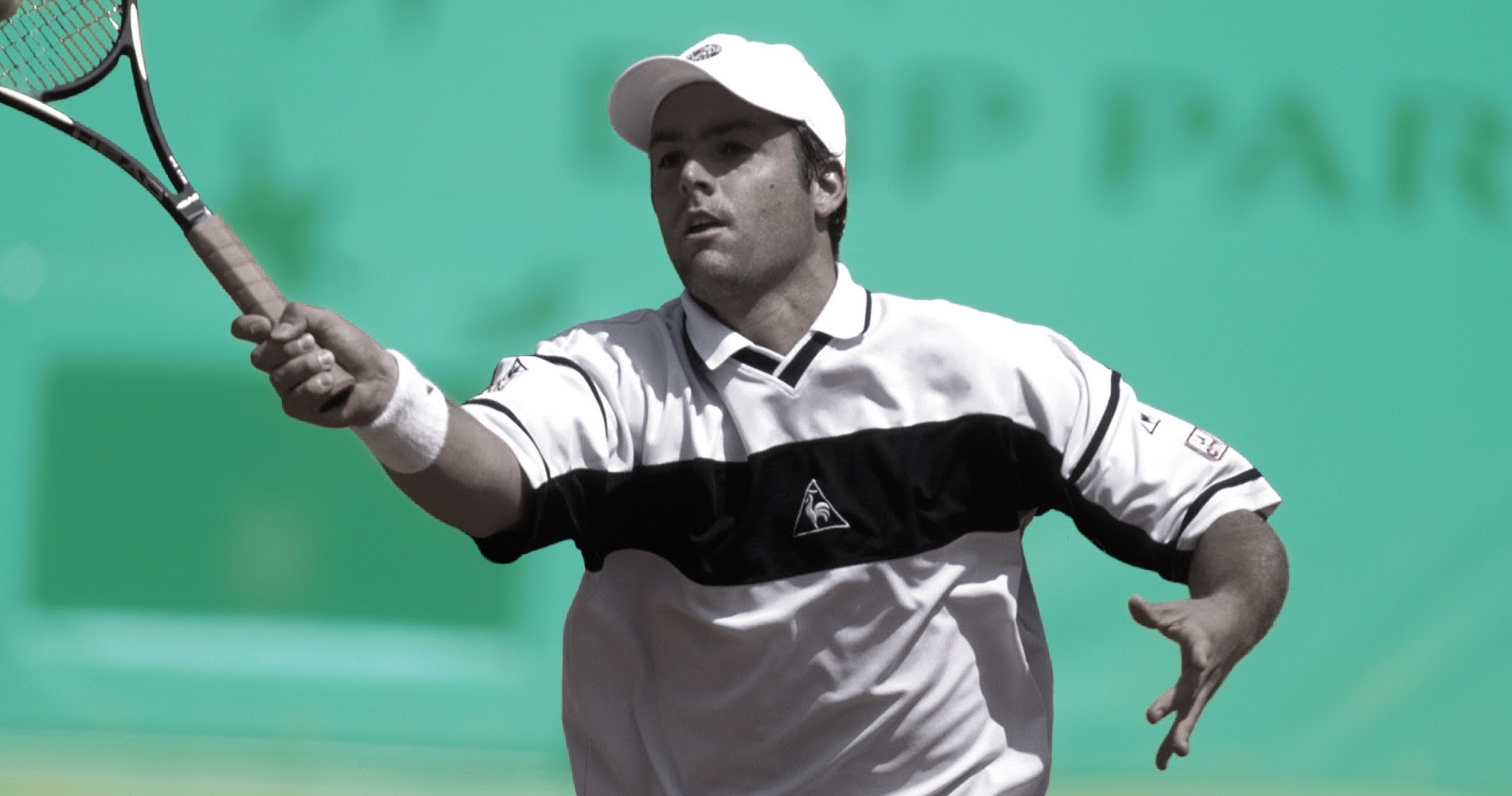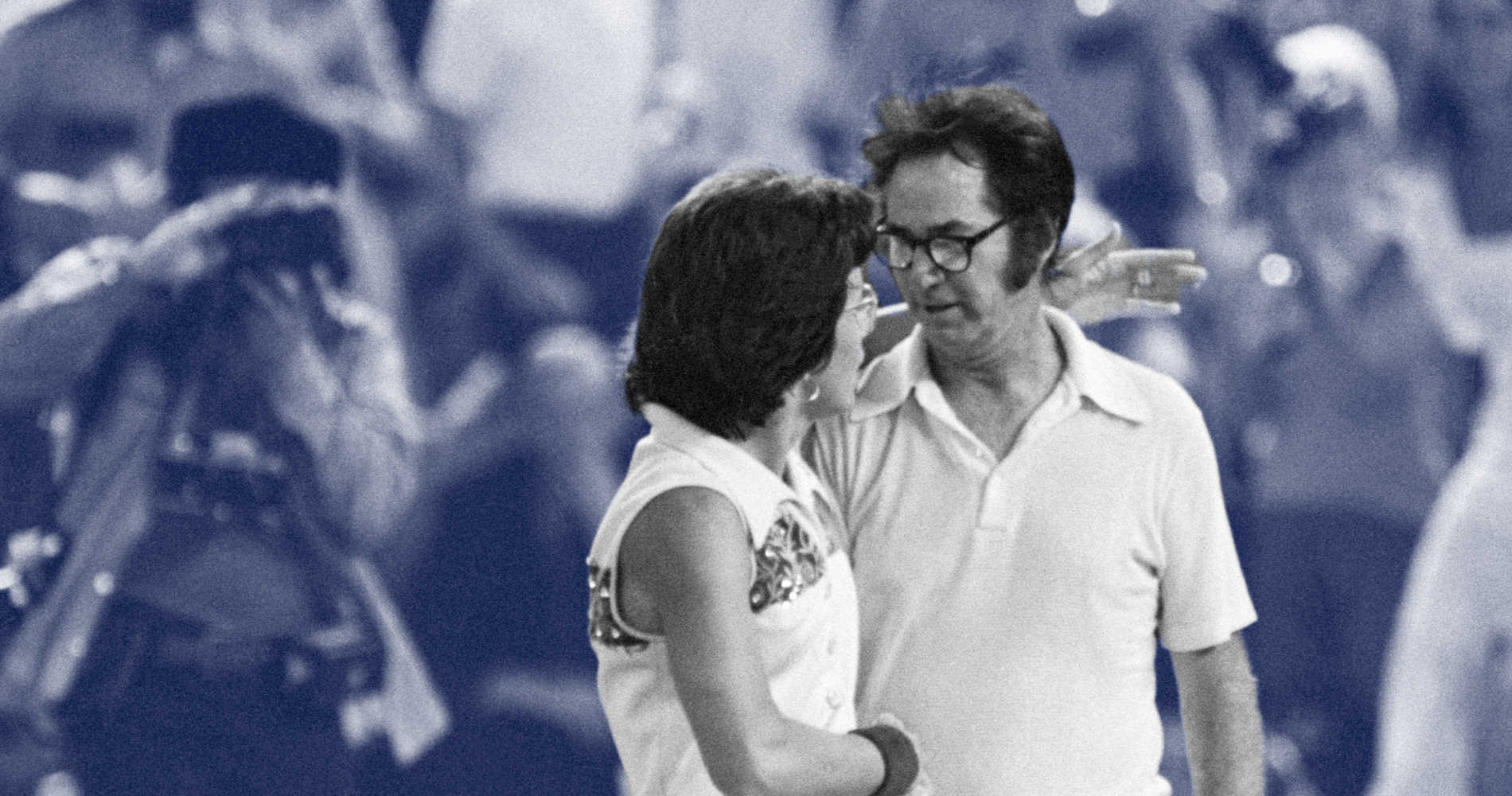September 22, 1997: The day Roger Federer earned his first ranking points
Every day, Tennis Majors takes you back to the biggest moments in tennis history. On September 22, 1997, Roger Federer debuted at No 803 in the ATP rankings, the first step on a journey that brought him a record 20 Grand Slam titles
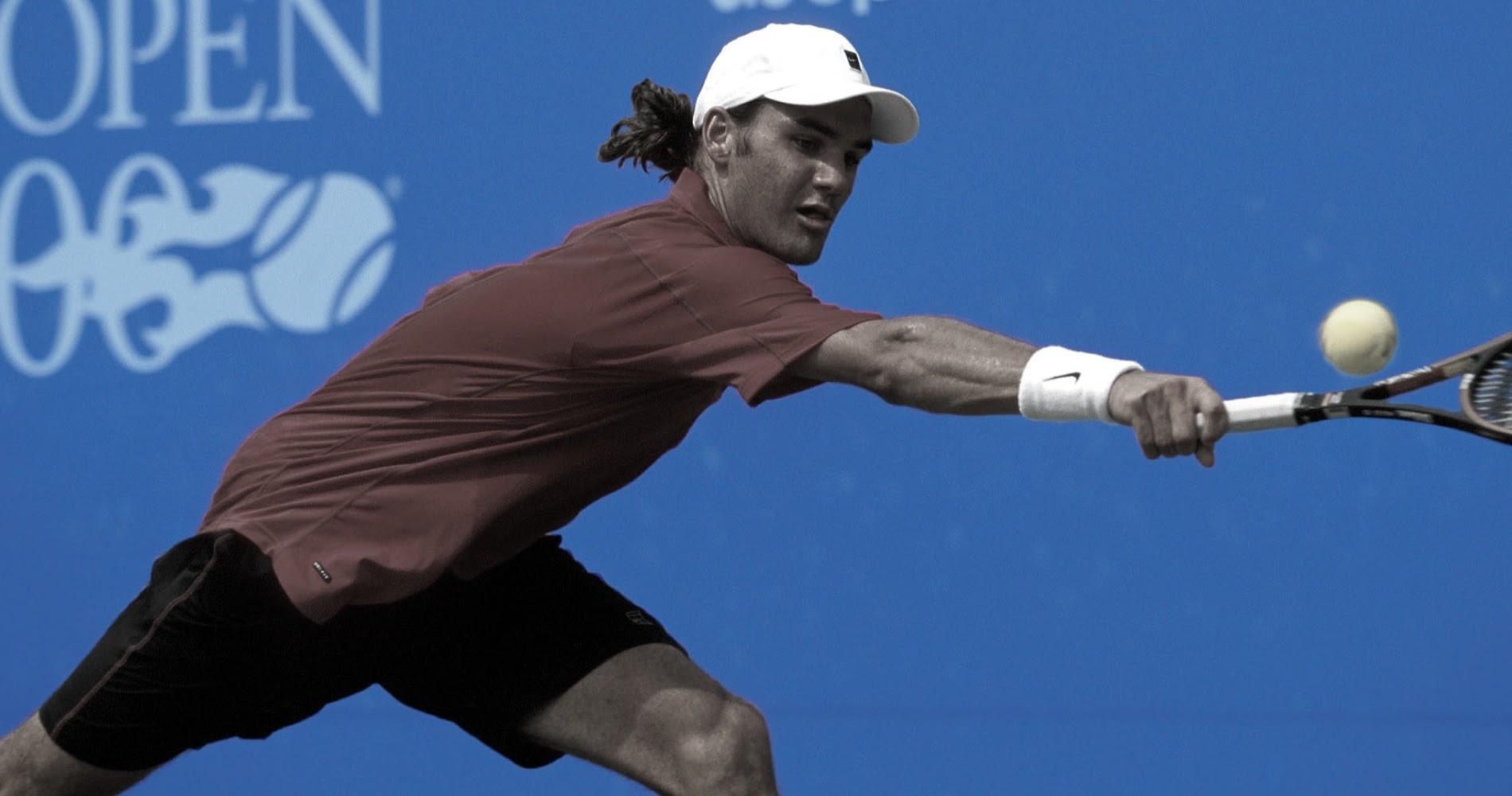 Roger Federer
Roger Federer
What exactly happened on that day?
On this day, September 22, 1997, a 16-year old Swiss player by the name of Roger Federer made his debut on the ATP rankings. At the end of a four-week Satellite circuit, during which he reached the semi-finals twice, Federer scored 12 points, showing up in the 803rd spot on the ATP charts, just five spots ahead of another young buck, Lleyton Hewitt, from Australia. Although, at the time, this event did not draw attention outside of Roger’s entourage, it remained an unforgettable moment for the future 20-time Grand Slam champion.
The facts: Federer earns first 12 ranking points
In August and September 1997, one of the best junior players in Switzerland, 16-year old Roger Federer, attended a four-week Satellite circuit in his home country. The youngster had already played six ITF tournaments, but despite one match win in a qualifying draw at the age of 15, he had no ATP points yet. At the time, his talent hadn’t gone unnoticed, but neither had his temper.
This time, young Federer managed to stay enough in control to reach the semi-final twice, the first one in Noes (defeated by Daniele Balducci, from Italy, 6-3, 6-2), the second one, in Biel (lost to the Argentine Agustin Garizzio, 4-6, 6-2, 6-1). These good results earned him his first 12 ATP points, propelling to 803rd spot for his first-ever appearance in the world rankings. Twenty years later, he would recall, for the ATP website:
I’ll never forget that moment and the excitement I felt after that Satellite.
Roger Federer on seeing his name in the ATP rankings list for the first time
“The ATP rankings is where it all starts for every player. It’s about getting your foot on the ladder and seeing your name on the computer rankings for the first time. I’ll never forget that moment and the excitement I felt after that Satellite. It was the start of a long journey to the top for me.
“I think that’s the great thing about our sport; the rankings provide a really accurate barometer of where you stand compared to your peers. The computer doesn’t lie. It’s amazing to think that 20 years later I’m still in the game and still with a chance to get to year-end No.1 in 2017. I never imagined having such longevity.”
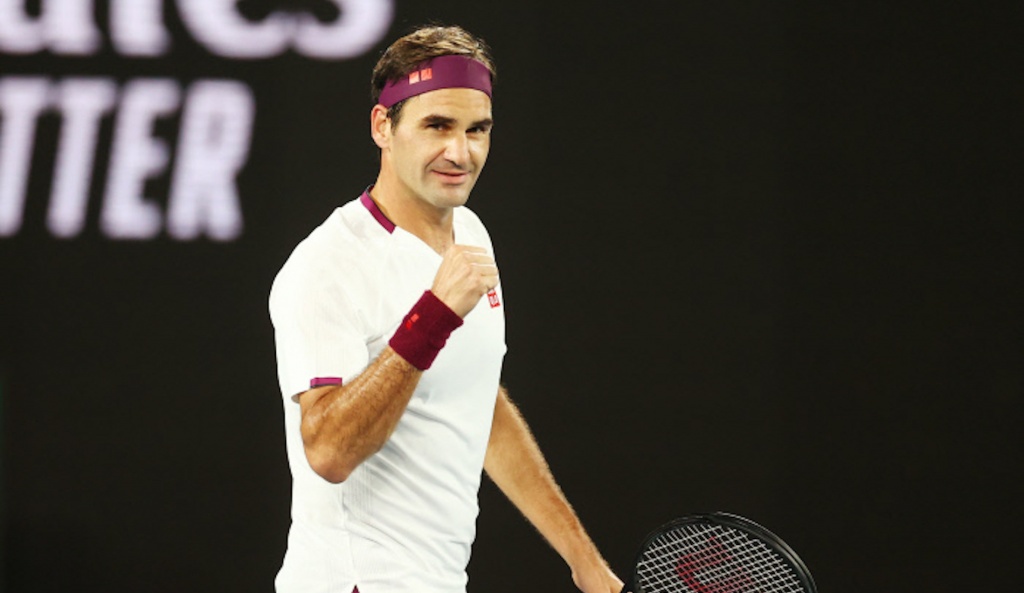
The Swiss Satellite circuit had not started so well for the future star, who, in the first event, was defeated in the second round by his friend and roommate, Yves Allegro (7-6, 4-6, 6-3). Although he was not the favourite on paper, many had expected Federer to win that match, even the referee, who went as far as telling Allegro that it was “the last time he’ll beat Roger”.
If Federer had won against his future doubles partner, he would have faced Swiss veteran Severin Luthi, who would later become his coach. Fifteen years later, Luthi would recall: “Yves was still the favourite, but we all expected Roger to win. He ended up losing. (…) I would have loved to play him. I only played him once in a club match, in doubles. It would have been a great thing, because he was upcoming and I was older with a bit more experience. He was very dangerous.”
Even though everyone could see how talented Federer was, Luthi, who beat Allegro in the next round, admitted that he didn’t foresee his great destiny at the time. “I thought he was very talented and was playing great, but at that time, it was tough for me to imagine a Swiss would become world No 1 one day.” The rest is history.
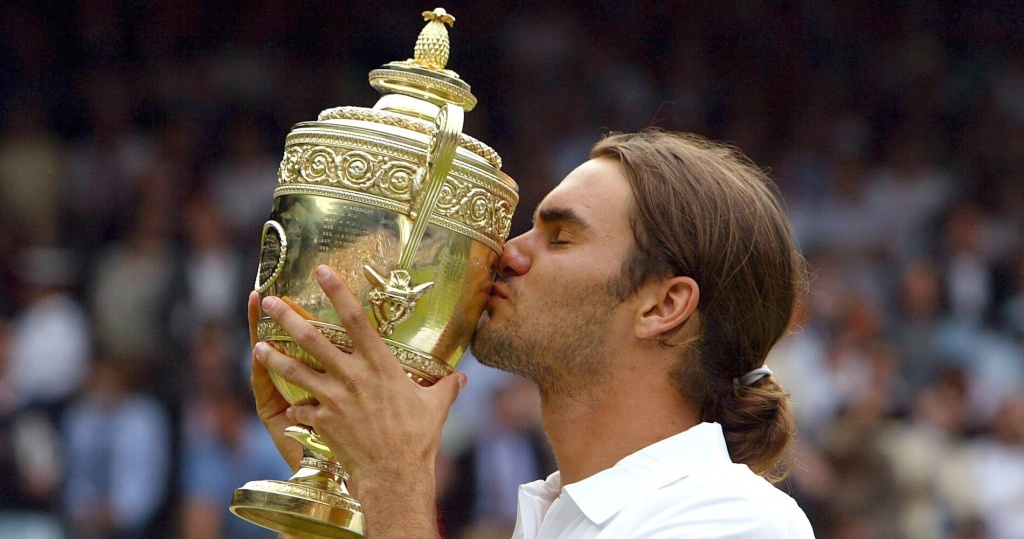
What next? Federer rips up the history books
Two years later, on September 20, 1999, Federer set another milestone by breaking in the top 100 for the first time. In 2001, he would claim his first title in Milan, defeating Julien Boutter in the final (6-4, 6-7, 6-4), a win that would propel him into the top 20. The same year, he would achieve his first notable Grand Slam results at Roland-Garros and Wimbledon, reaching the quarter-finals, after a legendary win at the All England Club against seven-time champion, Pete Sampras (7-6, 5-7, 6-4, 6-4, 6-7, 7-5).
Two years later at Wimbledon, Federer would claim the first of his 20 Grand Slam titles (defeating Mark Philippoussis in the final, 7-6, 6-2, 7-6), and in 2004, he would become world No 1 for the first time, before setting the record for the longest uninterrupted reign in tennis history (237 weeks).
